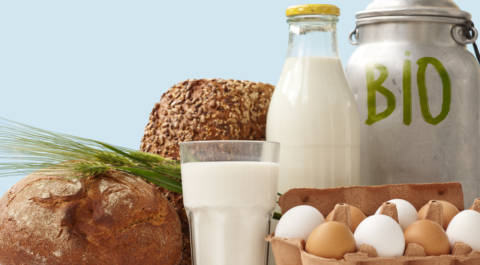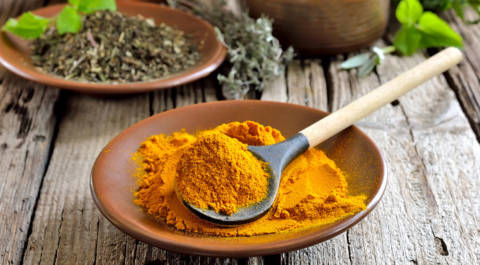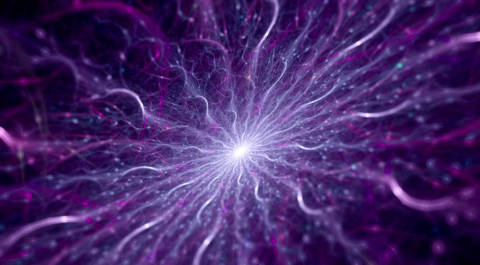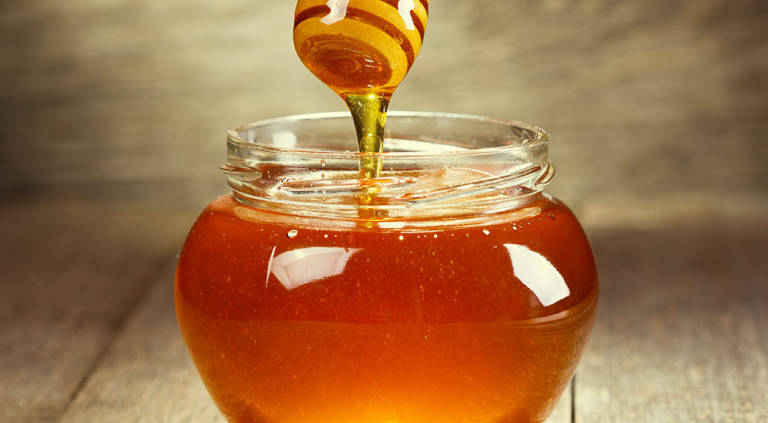
Since its discovery, people have used honey in a variety of ways. It has served as a form of currency, been used in tribute and sacrifice, and is rumored to be on the tip of Cupid’s arrows. Today, it remains one of the most widely used sweeteners, continuing to be major part of human life. Indeed, regardless of how people have used it, they have been universal in its acceptance.
Like Organic Soul on Facebook
The first thing many of us would call honey is a food; we use it in cooking, when we prepare a drink, and we make unique product from it like Mead and Drambuie. However, there are alternative uses to honey, some of which are therapeutic in nature. So, what makes honey so special?
The Benefits of Honey
Natural, Healthy Sweetener:
As we begin to learn of the drawbacks, many people look to cut high-fructose corn syrup (HFCS) out of their diet. HFCS has been linked to obesity, especially in children, whenever it is consumed in excess. Honey, on the other hand, is an all-natural, organic sweetener full of vitamins and minerals. It also contains anti-oxidants to help remove free radicals in the body. This makes honey a unique, healthy, and wholesome choice for those looking for something sweet in their everyday.
Powerful Energy Source:
Honey is a sugar, or, in other words, a carbohydrate. Carbs, rather than proteins or fats (these are our three macronutrients), are most often used as an energy source. Roughly, for every tablespoon of honey, your body derives about 60 calories; furthermore, because of its chemical structure, the body has an easy time at breaking it down and converting it into glucose, making it a powerful source of energy, even for sensitive stomachs.
Long Life:
According to some scientists, when bees are forming their honey, they spray an acid into each comb. It is believed that this is done to help conserve each honey inside, providing an anti-fermentative quality to it. While the science behind this is debated, the phenomenon is real: honey lasts an incredibly long time, and is described by some as having an “indefinite shelf life”. That said, stock up – the honey will be there until you use it!
Good for Wounds:
Somewhat surprisingly, honey can also be used for wound treatment. In honey, antibiotics will go to work to clean out bacteria; in fact, it has been even been said that honey can stop the spread of methicillin-resistant Staphylococcus aureus, or the flesh-eating disease. It has also been noted as early as 1918 that there are anti-viral properties to honey. However, not all honey is made equal, and health care professional point to leptospermum honey as the most effective type.
Body Care: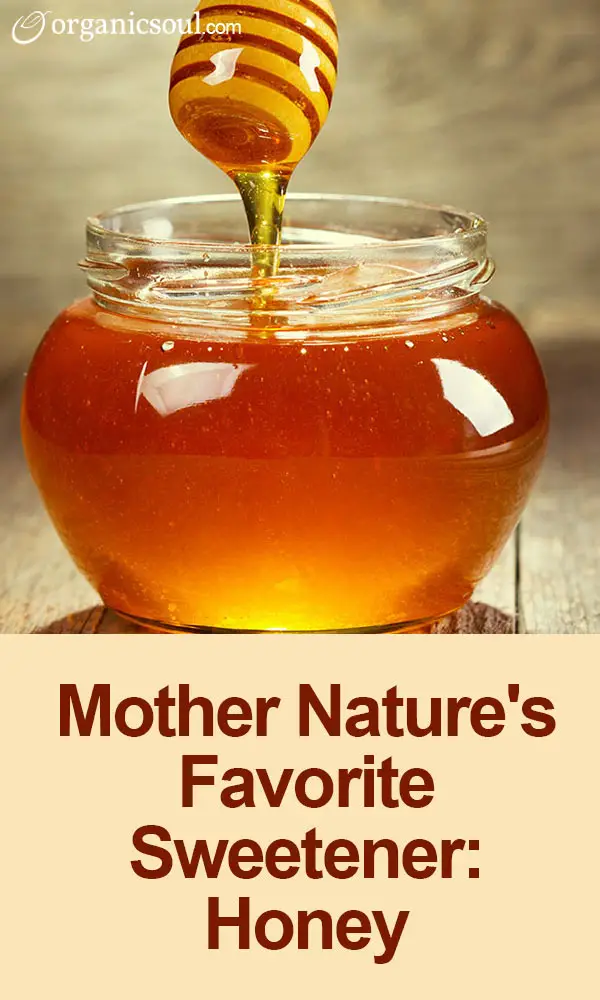
Honey can also be used for beauty care. Honey, often along with milk, is found in a number of skin care products like organic soap and lotions. In some countries, people consume servings of both milk and honey in the morning, due to the belief that – even without physical application – honey will provide structural support for our skin, making it smooth and elastic. Likewise, eating a tablespoon of raw honey when you’re sick can help sooth your throat, making this the sweetest medicine around.
Always Something Sweet
Personally, I try to use honey as much as I can, especially when I have the choice between it and ordinary refined cane sugar. Honey is healthier, has a unique and flavorful taste, and can even add to the presentation of foods. Even if we don’t yet fully understand the chemistry behind honey and its production, it’s sure to be around as long as our bees keep doing what they’re best at.
That said, I encourage readers to try honey (and its related product, beeswax) in all ways possible. Who knows, you may find yourself dropping conventional sweeteners out of your diet altogether!


